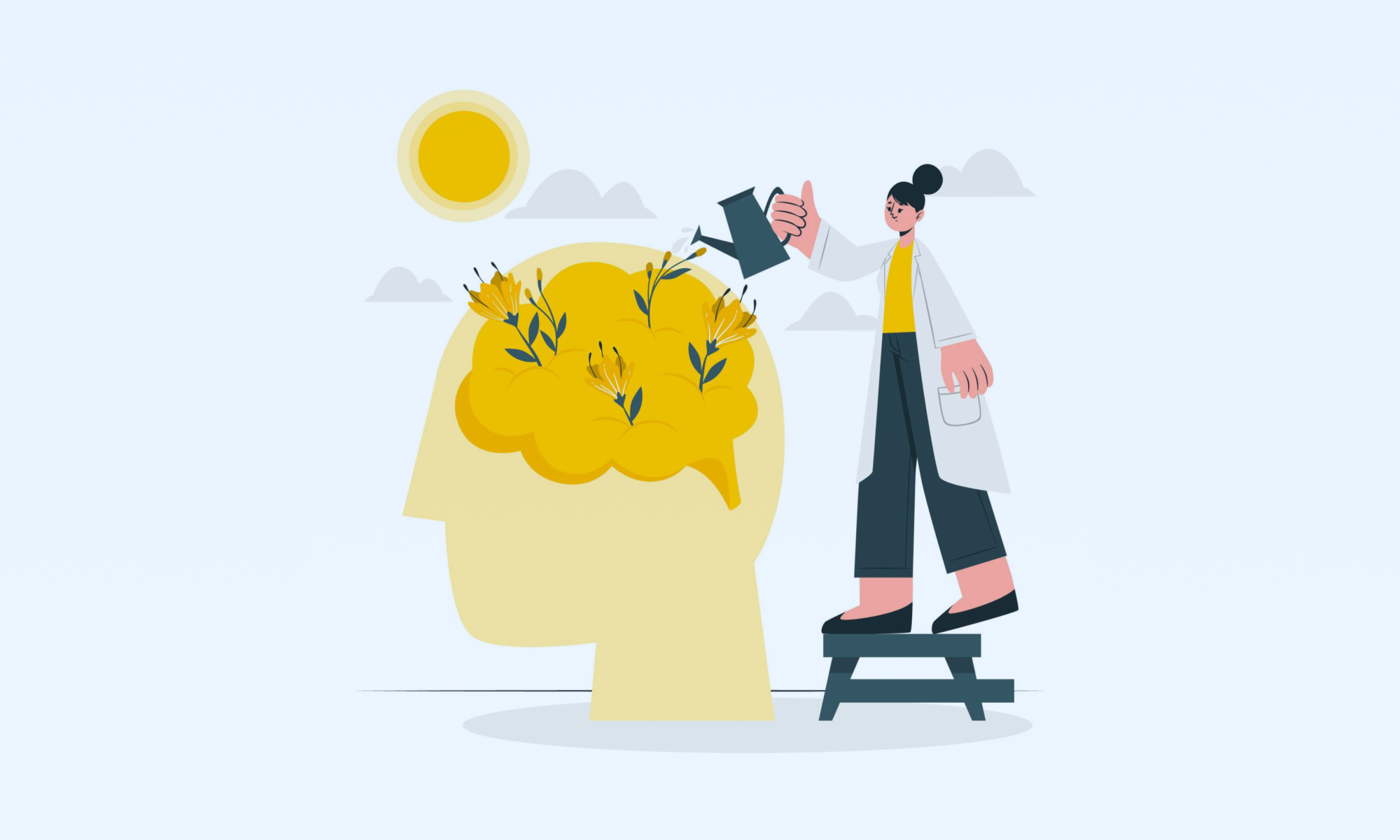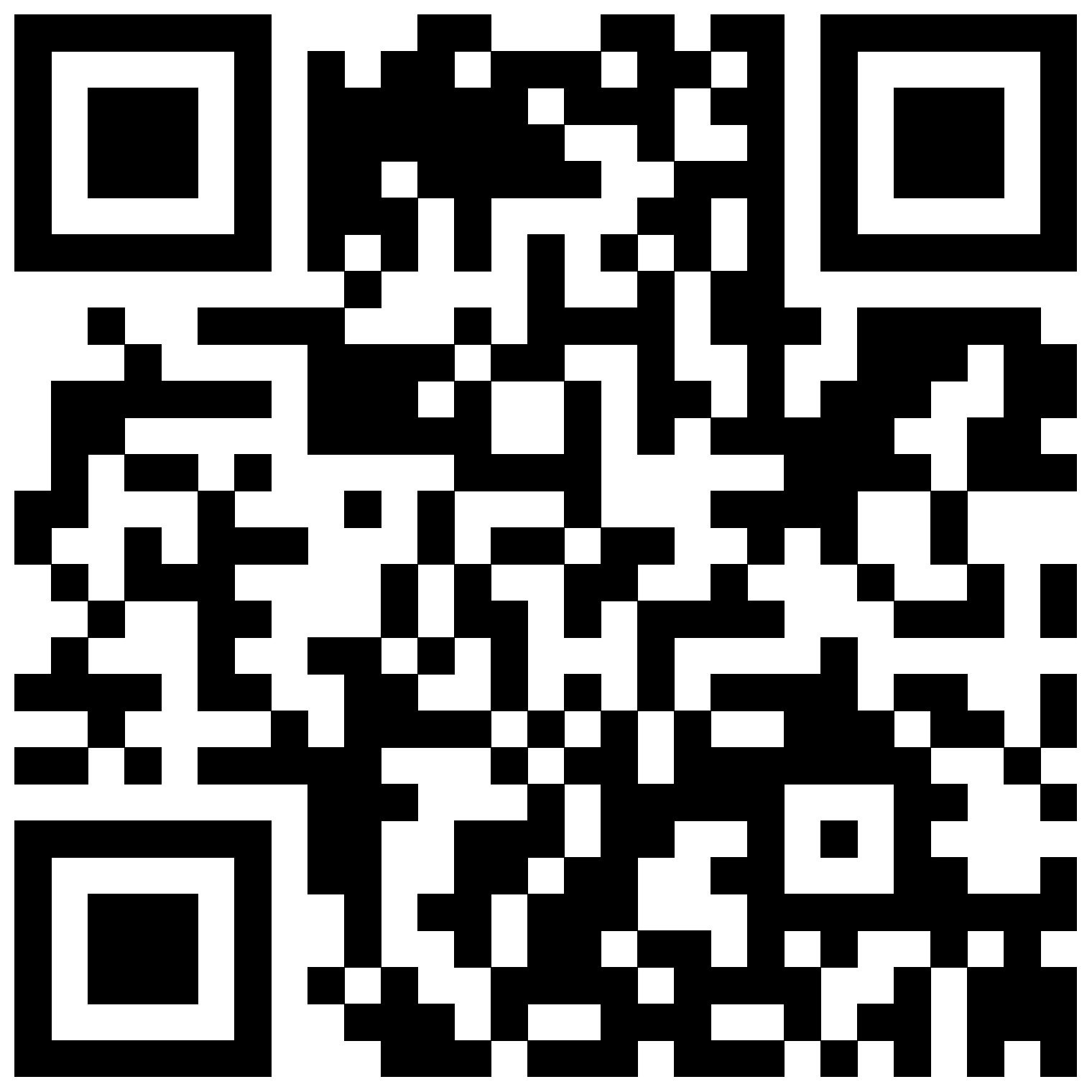With World Mental Health Day approaching, James (Bearable’s lovely CEO) asked me (Natasha Lipman), to write a little something about the impact that living with chronic illness has had on my mental health.
This, of course, is a pretty big topic. From dealing with the emotional impacts of pain and fatigue, to fear, isolation, and the feeling that the things that matter in life are being ripped from your hands, one word kept coming up that I’d like to talk about today:
Control
I wasn’t diagnosed with my first chronic condition, Ehlers-Danlos Syndrome, until I was 21, which meant I spent my whole life up to that point feeling like I was existing in a body that I didn’t understand. A body that acted almost separately from me, one we didn’t even know warranted a diagnosis.
Getting a diagnosis changed that in interesting ways – everything we thought was weird and confusing about my body made sense – even the small things.
I felt, for the first time, like I was in control. That now I had a name to put to this thing, I could get the help that I needed to live the life that I wanted.
Losing Control
And whilst I did get help, it mostly wasn’t…great. Over the years as I tried to navigate this body of mine whilst getting progressively more unwell, that sense of control grew weaker and weaker.
I tried to grab as much back as I could by pushing myself to extremes, desperate to keep up with my peers, trying to do and be all the things I felt I would’ve been able to do if I was able-bodied.
But even though I didn’t have control of my body, I always felt like I had control of my mind. Until I didn’t.
After a bad experience with medication that caused psychosis and developing a couple more conditions, I felt like I’d lost control of everything. My work, my social life…I was in my mid-twenties and I felt like my life was over.
Over time, as these things do, the worst of it passed, and I started to be able to rebuild again. But that feeling of helplessness never left. I was determined that I would do everything in my power to manage as well as I could. And so, I started experiencing the flip side of control.
Self Management
When you live with conditions which are mostly dependent on self-management, you can find yourself in a bit of a weird bind. You can grasp so hard trying to find control, that you forget that you’re living with conditions that are still, ultimately, not entirely controllable.
You often end up with a huge list of things you know help you (many of which come up against trying to live in “the real world”), and you can try to control every last minute detail, desperate to make sure that you give yourself the best chance at feeling as well as possible.
You try everything under the sun, hoping that *this* may be that thing you hadn’t thought of, the answer you’ve been looking for. Time, money, hope.
But at some point, too much control can become just as restrictive.
It seems, like with most things, there’s a balance that needs to be found. One that helps you find elements of control, even when the situation can feel anything but.
How Health Tracking Can Help
For years, I’d regularly experience what I called “deep dark” depression. It was extremely distressing and it often came out of nowhere.
It was only when I started tracking my periods that I realised that I could track to the day how I would be feeling emotionally based on where I was in my cycle.
Just having that knowledge gave me a sense of control that I’d otherwise lost.
It helped me to understand that I can’t control whether these “deep darks” come on. They are, after all, dependent on so many factors. But, by taking a step back and understanding why I’m feeling this way, it lifted a huge mental burden. Even now when I get these feelings, they don’t hit as hard, because that fear and confusion is gone.
I know what is happening and that I have to give myself a little time. And most importantly, I know that it’ll pass.
Small Moments Of Control
Now, I try to find somewhat of a middle ground with control. It’s hard – my instinct is to grab onto every little thing that I can. If I just work hard enough, if I’m strict enough with myself, that’ll be the answer.
Whilst there’s an element of truth there – I do have to be very mindful – it’s so easy for it to go too far.
Self-management is a skill that many of us aren’t taught, and it takes time, trial and error and a whole lot of patience to figure out what works best for our unique lives.
So, yes. I still haven’t totally figured out my relationship with control and chronic illness. But for now, I’ll settle for small moments of control within the uncontrollable.
—
I hope you found Natasha’s story helpful. You can find more of her thoughts and tips on her Instagram as well as her Podcast.




